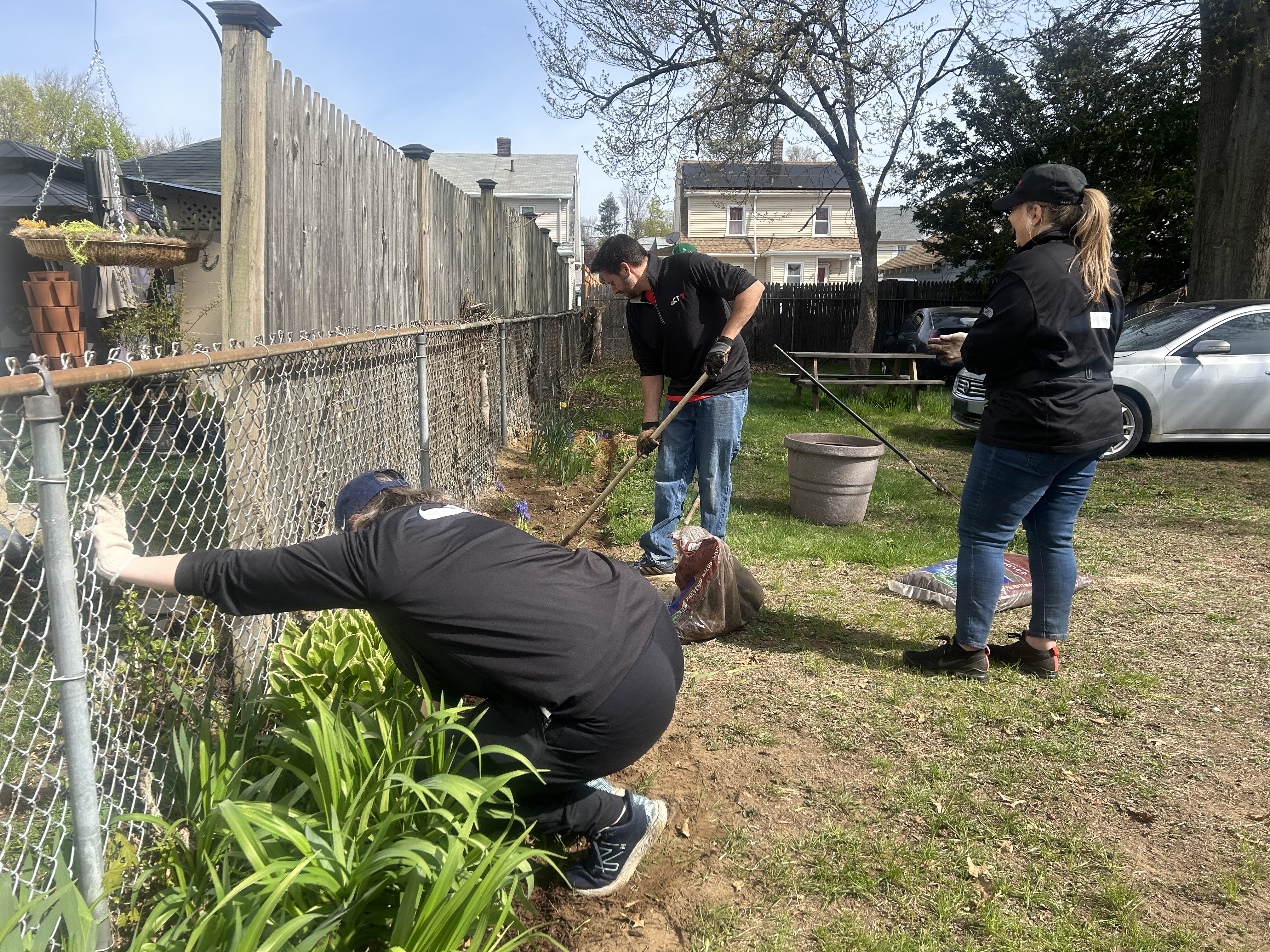Mini alcohol bottles remain a problem all over the state, with drivers discarding the bottles along the roadside.
“They're on the streets, a lot of them on the streets, I've witnessed people throwing nip bottles out of their cars,” Cynthia Chesky, a Bristol resident and co-founder of CT Towns Nixing the Nips, said.
Chesky’s group was at the Legislative Office Building Wednesday urging lawmakers during a public hearing to allow towns to ban the sale of 50-millileter bottlers, commonly called nips.
The state retains the authority currently to regulate liquor sales, meaning cities and towns cannot establish their own rules.
Get Connecticut local news, weather forecasts and entertainment stories to your inbox. Sign up for NBC Connecticut newsletters.
Larry Cafero, executive director of the Wine and Spirits Wholesales of Connecticut, said it should stay that way.
“You have a patchwork, the potential or a patchwork of laws that are inconsistent, not easily enforced,” he said.
He said local leaders could claim littering concerns while banning the sale of mini bottles because of their views on alcohol, only for a newly-elected crop of officials to reverse the decision two years later.
Local
Cafero also said the bill, as currently written, only applies to the 50-millilieter bottles.
“If i can’t buy a 50 [milliliter] and I'm a consumer of this, I'll buy a 100-ml and unfortunately the same result will happen,” he said.
Chesky and her group said they’re open to a conversation around how big a limit to set for the ban, but they believe municipalities should be able to have a say.
“Until this law is overturned, I can’t go to my town,” Tom Metzner, also a co-founder of CT Towns Nixing the Nips, said.
Liquor stores started collecting a five-cent fee for all 50-millileter bottles in October 2021. Cafero said that’s generated $9 million over two years to help towns pay for litter clean-up.
Bloomfield Town Council member Kenneth McClary said the problem persists, though.
‘Per capita, I fundamentally believe that we have too many liquor stores and what comes with liquor stores is a number of nips and bottles and litter,” he said.
McClary said towns would certainly need to consider the potential loss of revenue from that five-cent fee, but it should be up to them.
He also noted towns already have the ability to regulate noise, crowd sizes and other concerns, so a patchwork of ordinance on 50-milliliter bottles wouldn’t be out of the norm.
“I don’t think that is a significant concern to not give the local governments the jurisdiction to determine if nips are banned in their communities or not,” he said.



